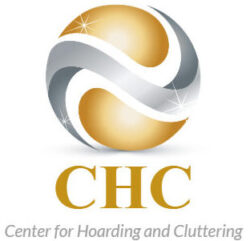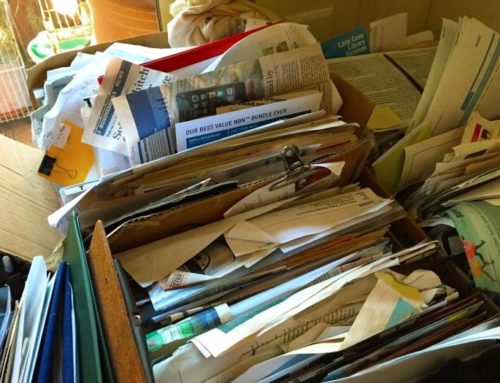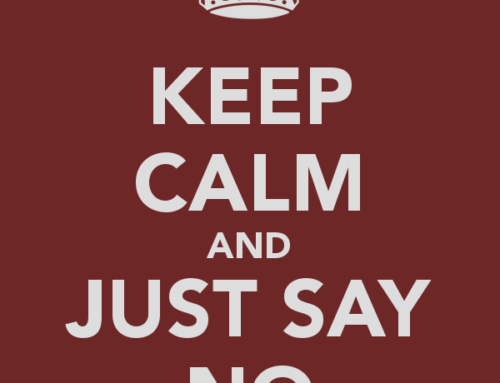How many times have you told yourself or someone else, regarding addressing clutter or hoarding behavior, to stop making excuses? While it is true, we all make excuses, it is important that as individuals and family members affected by clutter, along with the professionals that work with them, we all recognize the factors that contribute to the difficulty in addressing clutter and hoarding behavior. In recognizing these factors, we are better able to set reasonable expectations and learn together how to work around these factors to move towards change. By not considering these factors, no matter what your role, we are setting ourselves up for failure.
At the beginning of training presentations, I like to ask the audience how many people have worked with someone in a hoarded situation that said: “I can do this myself, I don’t need help.”? Everyone raises their hand. My next question is “How many times have you gone back and very little, if anything, is done”? Most people raise their hand. Then I ask “How many people think the person was lying when they said they could do it on their own or didn’t need help?” Again, almost everyone raises their hand.
While it is true that no one really wants someone else in their home touching and making decisions on their stuff, it is also true that most people struggling with hoarding disorder honestly believe they can do it on their own. They likely do not know or forget to consider the factors working against their best intentions. As one of my clients put it, “I overestimate my ability to accomplish a task and underestimated the time it takes me to do it”.
Some, but clearly not all, of the factors that affect the ability to take clear and meaningful action, are being overwhelmed, not knowing where to start, struggling with being able to organize or categorize, difficulty making decisions, difficulty focusing, the role depression plays on motivation, and the role anxiety plays in avoidance. If we can pinpoint those factors that are the most significant barriers to progress with clutter and/or hoarding behavior, we can then discover ways to work together around those issues.
Marnie Matthews, MSW, LICSW
(Members of The Clutter Movement online community have direct access to experienced and professional support, coaching, consultations, and education. Through weekly live groups, weekly virtual office hours, monthly educational webinars, topic specific forums and live chat, professional training modules, and a library full of resources we are breaking down the biggest barriers to treatment and support for hoarding: access and affordability. Now individuals, family members, and professionals have 24/7 access to affordable professional coaching, consultation, guidance, and training at their fingertips. Join us today! )






